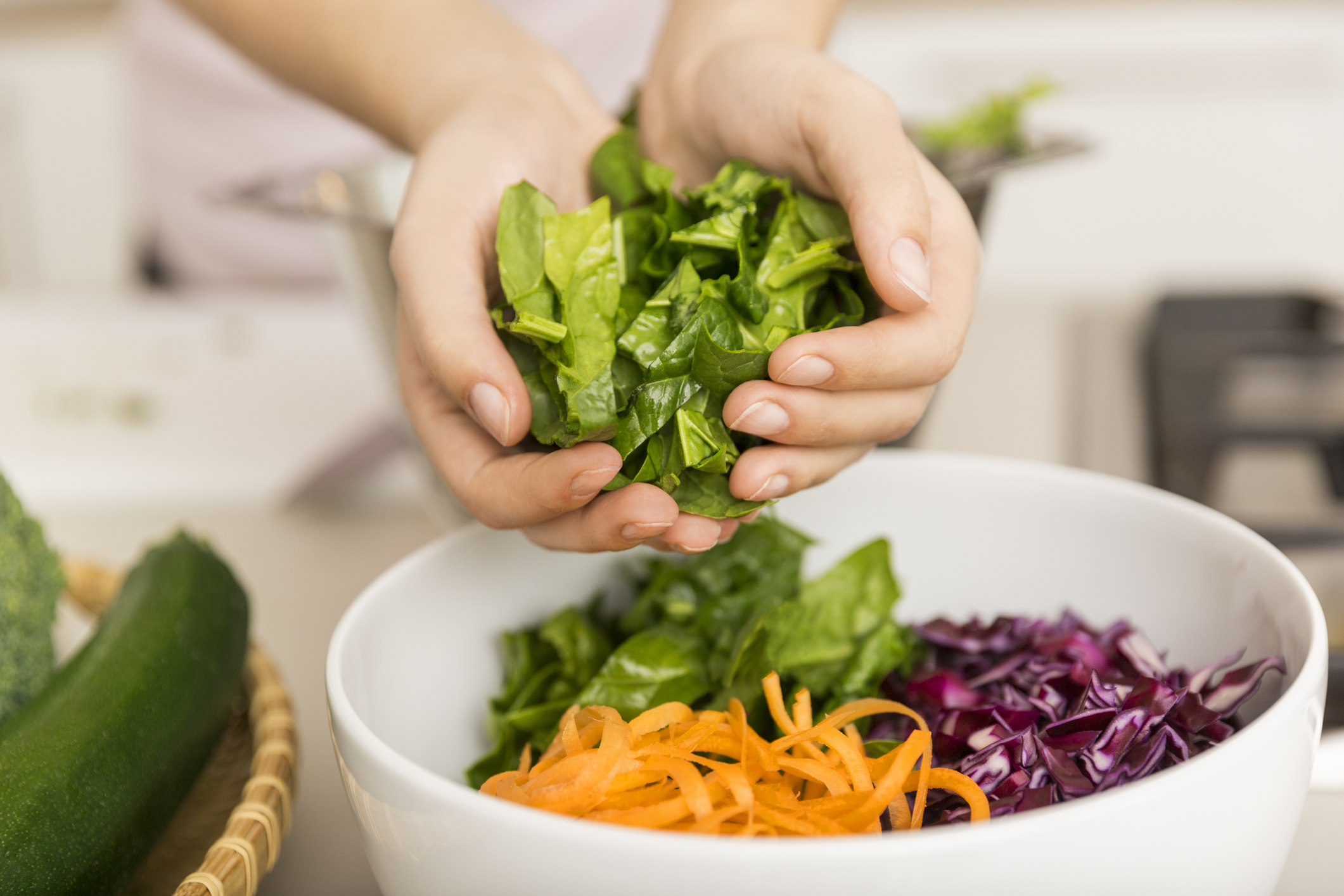Is the pandemic aging your brain?
Five ways to future-proof your brain against the impact of COVID-19


We’ve all walked into a room only to forget what exactly we went in for, and we bet there are times when you’ve found it difficult to recall a conversation—and not just because you switched off after your bestie mentioned her ex for the third time in only five minutes.
As the years roll on, committing new information to memory can take longer, multitasking can become more difficult, the ability to remember names and numbers declines, and our reaction times slow, because “as we age so too do our brains,” explains Natalia Ramsden, neurocognitive psychologist and founder of SOFOS Associates.
But it seems our brains are aging at a worrying rate, as dementia has tripled in those aged 30 to 64 in the US, while in the UK it has surpassed heart disease as the leading cause of death. Despite being thought of a condition of the old, “the rapid rise of brain diseases in the last 20 years points to influences other than that we simply ‘live longer’,” believes Ramsden.
From chronic stress and lack of sleep, to poor diet and sedentary lifestyles, modern living is taking its toll on our brains and the current global pandemic is only exacerbating issues further. For starters, there's the isolation of lockdown: “For those at home alone, the loneliness that comes along with this is proven to physiologically change the brain and increase the risk of cognitive decline, as well as bring about or worsen mental health issues such as depression and anxiety,” shares Ramsden.
But even if you’re not alone during this pandemic, the multiple stressors, such as home-schooling, financial uncertainty, grieving loved ones and a general fear of contracting the virus, are seeing our collective stress levels soar and making it difficult for many of us to figure out how to relax these days. This has far-reaching effects on the brain as “chronic stress disrupts the balance of white and grey matter, kills brain cells, and shrinks the brain, hindering memory and learning, while increasing the risk of mental illness,” adds Ramsden.
Compound the effects of isolation and/or stress with comfort eating, less exposure to sunlight, and a lack of movement, and you have the perfect recipe for premature brain aging. But all is not lost, as according to Ramsden—to some extent, brain aging can be reversed and thwarted by simple lifestyle changes you can implement even during a pandemic. Read on to discover her top 5 ways to future-proof your brain for the post-pandemic world.
- Best meditation apps: Download these to de-stress fast
How to boost your brain against the effects of the pandemic
1. Prioritize sleep

There are many benefits of sleep when it comes to our health and wellbeing and particularly our brains, as it’s during this time of restoration that learning solidifies and toxins are cleared out. There is evidence that sleep deprivation can cause a build-up of amyloid beta, a peptide found in the aging brain that is often a contributing factor to the onset of Alzheimer’s as well as other cognitive issues.
This makes getting a good night’s sleep on a regular basis the number one thing you can do to improve your brain. It may require some personal discipline to learn how to get better sleep and break bad habits like screen time in bed, alcohol or caffeine consumption at night, staying up late or napping for too long during the day. But once you train yourself to get 7 to 9 hours of good quality sleep each night, this will provide a huge boost for the brain and also counteract some of the adverse effects of stress and anxiety, like sustained elevated cortisol levels.
2. Brave the Cold
Cryotherapy is a method by which the body is exposed to intense cold for short periods of time. The low temperature causes the blood vessels near the skin to contract and redirect blood to major organs to maintain core body temperature. Whilst this is happening, your blood fills with oxygen, nutrients and restorative enzymes, and this blood then makes its way back to your skin, muscle tissue and organs.
Benefits include speeding up the metabolism, reducing inflammation, improved quality of sleep, enhanced focus and improved immune response. Now, given that few of you are likely to have a cryotherapy chamber in your basements, standing under a cold shower for 2 to 3 minutes, once a day, will suffice and offer similar effects.
3. Feed your Brain

Vitamins B, C, D and E in the bloodstream are associated with better cognitive performance and a bigger brain, while low levels of these vitamins are associated with cognitive decline in old age. DHA found in Omega 3 is a vital component for brain health as it lowers inflammation and may reduce the build-up of amyloid plaques often associated with Alzheimer’s.
Green, leafy vegetables decrease brain aging inflammation and improve blood sugar control. Flavonoids found in fruits and vegetables protect neurons against injury induced by neurotoxins, suppress neuroinflammation, increase blood flow and promote memory, learning and cognitive function. So stock up next time you're at the produce stand!
4. Get Moving
There's a direct correlation between exercise and mental wellbeing: as we exercise our heart rate increases, which in turn means increased blood flow to the brain. With this increased blood flow comes more oxygen and nutrients than when we are at rest. Simply put, more blood flow equals more energy and more oxygen, both of which help our brains perform better!
Exercise also releases beneficial proteins into the brain, which contribute to the health of existing brain cells, aid in the growth of new cells and strengthen the connections between them. Plus, studies have found that not only does exercise improve cognitive performance, it can also reverse shrinkage of the hippocampus, an area that plays an important role in the consolidation of information (a.k.a. your short and long-term memory).
For a double dose of brain boosting exercise, give dancing a try, as learning new dance moves increases the brain's processing speed and memory, too.
5. Laugh More

Chronic stress leads to high levels of cortisol that can slow down brain function by killing brain cells and shrinking the brain. This makes stress reduction key, and while meditation is a well-known stress reduction technique, laughing out loud works in much the same way. Scrolling through your favorite comedy meme account for 15 to 20 minutes will release feel-good chemicals in the brain and help decrease cortisol levels.
Amerley is an award-winning beauty & lifestyle journalist who has been writing for the UK’s most well-known glossies, websites and newspapers for over a decade. Known for her ability to predict the next big trend, there is really very little she won’t try for a story. From microblading and injectables, to10 step skincare plans and breathing her way to better skin, Amerley loves to share her experiences and write relatable, informative and trend-led copy for beauty novices and junkies alike.
